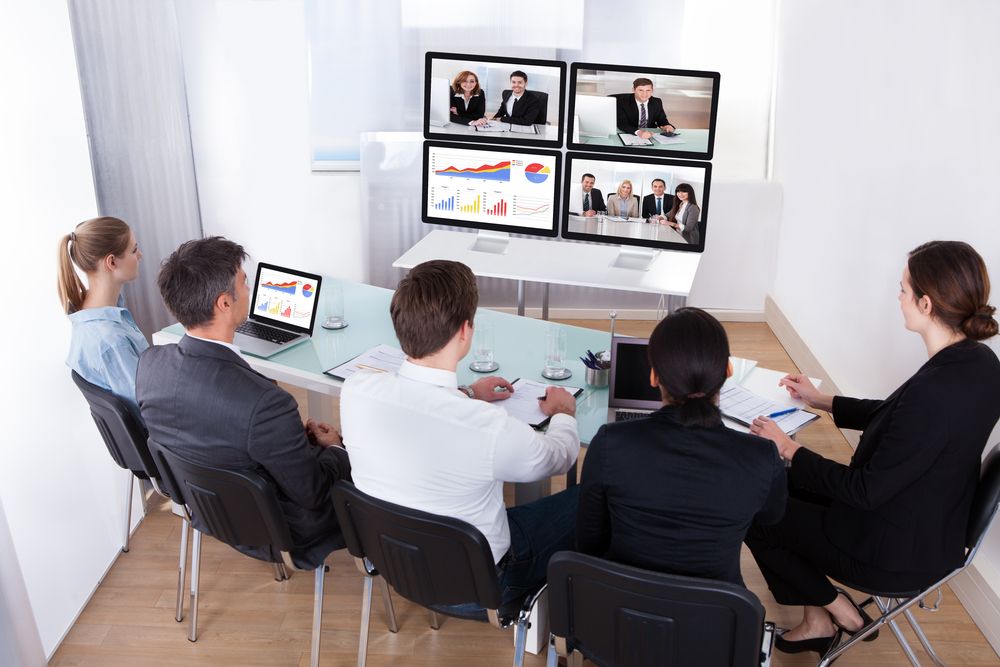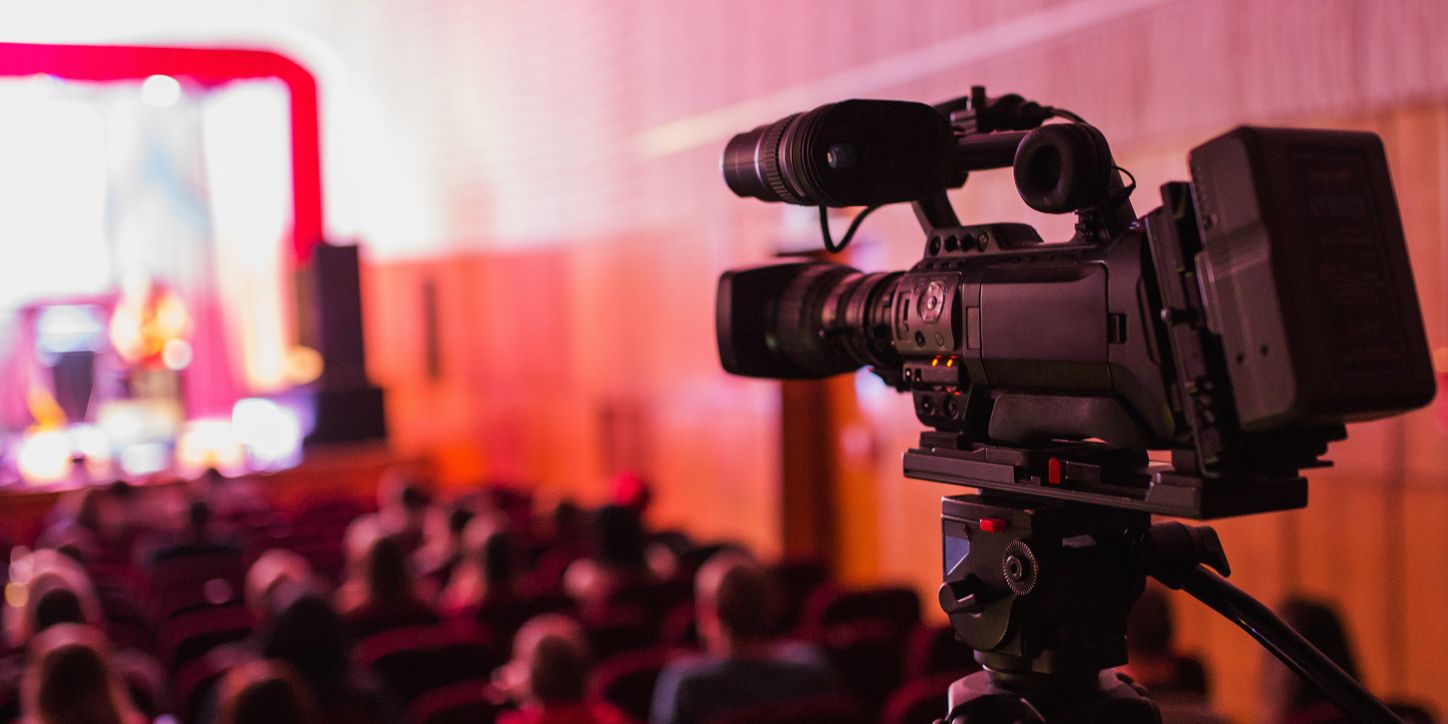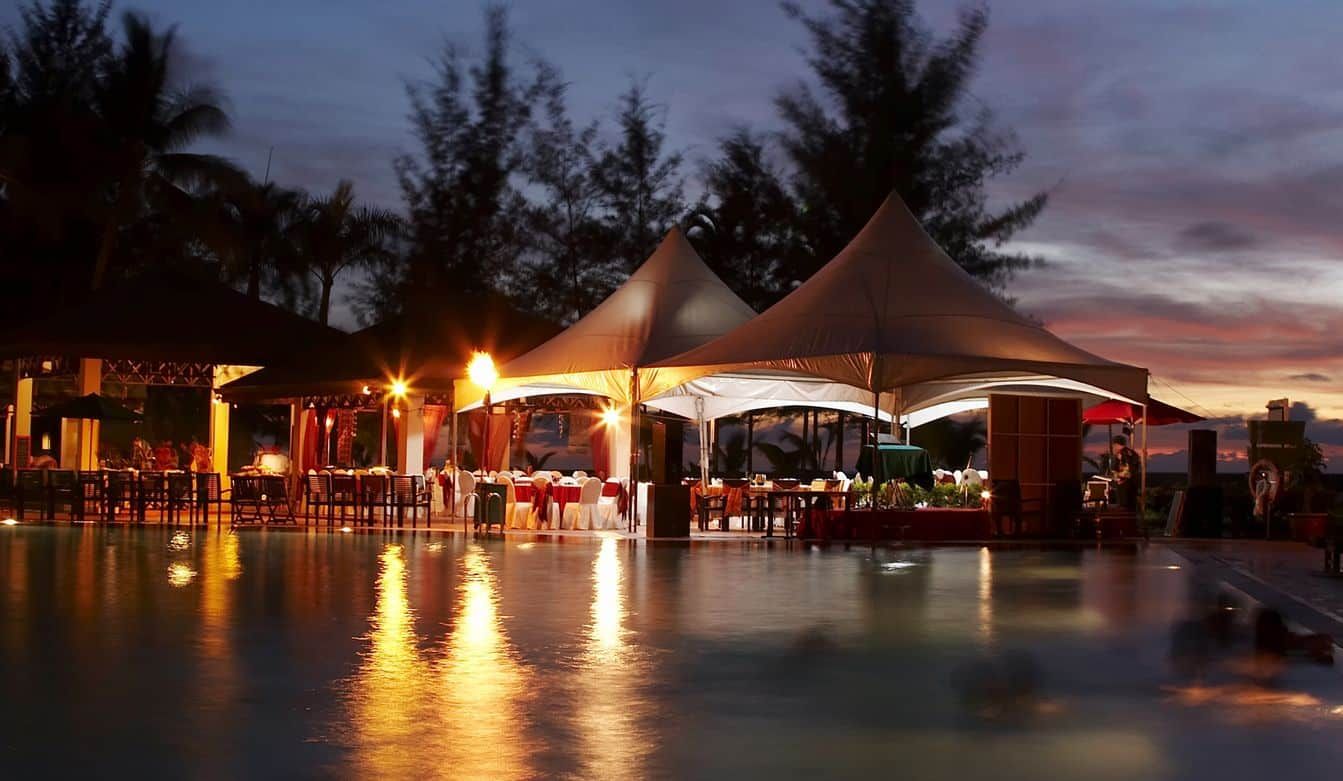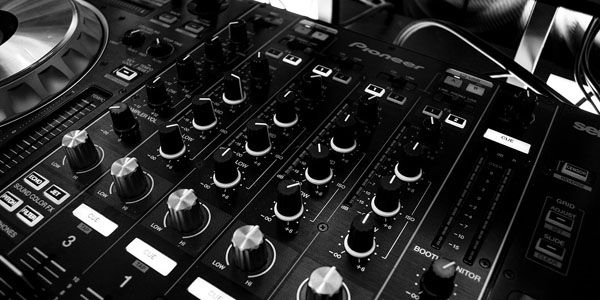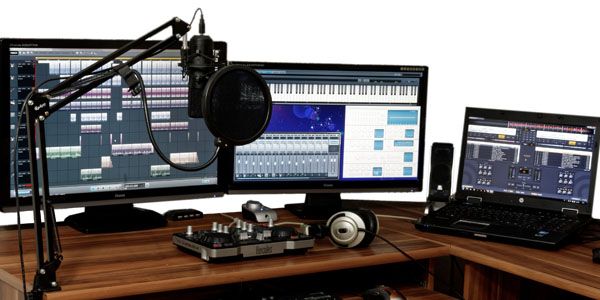New AV Trends in 2021
The AV industry is constantly changing, thanks to new technologies every year. As an audio visual company in Orlando, it’s vital for us to be aware of the latest trends so we can be consistent in our efforts to provide our clients with the best AV equipment for their needs.
Here are some AV trends that have risen in 2021 with an overarching theme revolving around effective and seamless communication regardless of location.
New AV Trends in 2021
Better Online Conferencing
With the rise of internet-based communication because of the pandemic, there is more demand for online meetings than before. As a result, AV conferencing systems are becoming increasingly popular in digital workplaces. These high-tech audiovisual tools allow companies to speak face-to-face without being in the same building.
Touchless Technology
Thanks to the rise of touchless technology, people are moving away from physical controls like buttons, switches, and knobs to touch-sensitive interfaces instead. Touch screens have allowed companies to do this already; and due to the pandemic, customers have evolved to giving away touch styluses to interface with our touch screen monitors.
Digital Events
The rise of digital events like music festivals and conferences means that more people than are using audiovisual equipment. Fortunately, with the top AV equipment, it is possible to host high quality and realistic digital events today.
While it’s not as costly to host a virtual event as compared to a live event, businesses should not see this as a chance to lower their budget. Instead, it’s worth investing the money into ensuring top quality sound and visuals for your audience. An event that impresses your audience will create a corresponding positive impression of your business, leading to better conversion rates.
Rooms with Integrated AV Systems
Integrated AV systems refer to how lights, speakers, video cues and more can all be controlled with room sensors. They are designed to work seamlessly with each other and to make it much easier to set up for meetings. As they can be rather costly, they are not very common in businesses or homes yet. However, it might be a great time to start thinking about how your business will approach this trend in the near future for their events.
Digital Signage
Due to the pandemic, the use of marketing materials like flyers have decreased since people try to avoid touching things unnecessarily. This is where digital signages come in. Video walls, for example, are being relied upon to share information today. With various specifications and technology, digital displays are versatile and able to cater to any events and any size audience.
Conclusion
We can help with your AV rental needs, whether you require projectors, touch screens, lighting or more. With our finger on the pulse of the AV industry and upcoming AV trends, you can rest assured that we’ll provide the latest and most effective custom solutions for your business or event.
